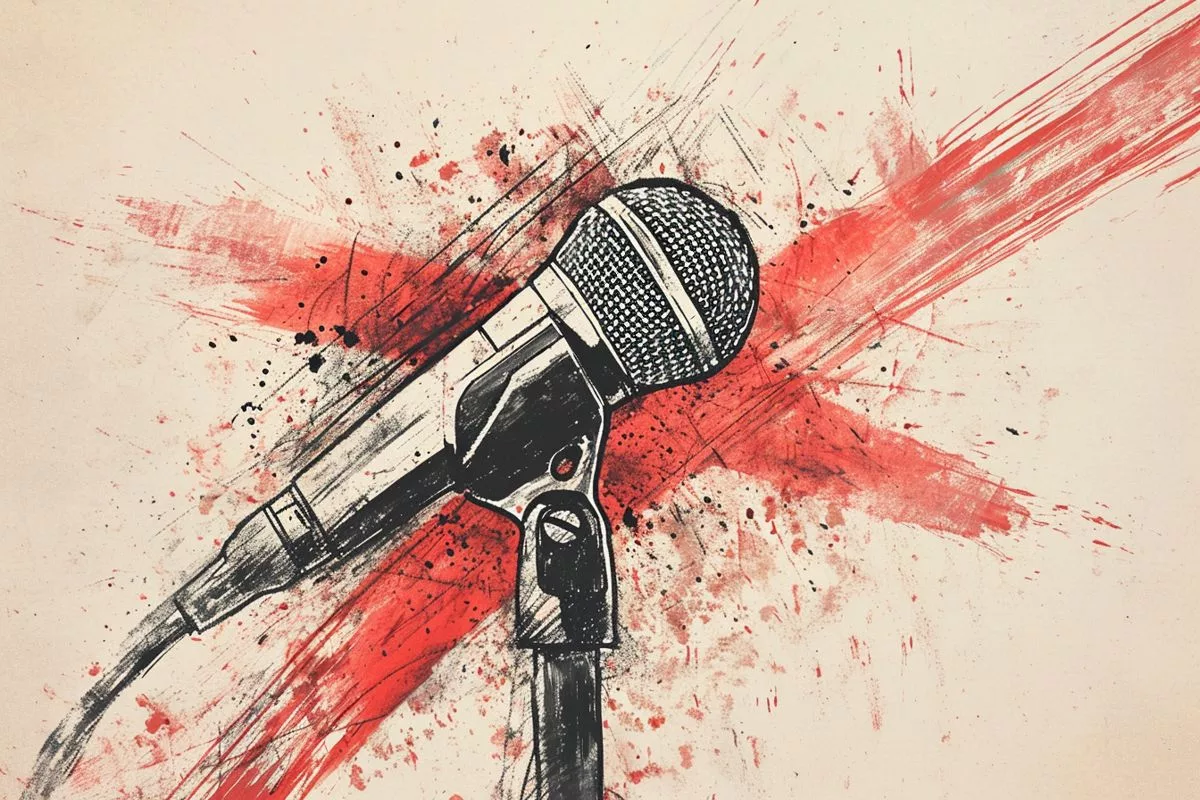Ernie Els, a legendary golfer known as “The Big Easy,” has expressed his discontent with PGA Tour Commissioner Jay Monahan’s handling of the sport and the proposed merger between LIV Golf and the PGA Tour. His criticism reflects a “Great Divide” in golf, with traditionalists fearing the commercialization and commoditization of a sport rooted in tradition, dignity, and honor. Els serves as a reminder that while change is inevitable, the spirit of the game must be preserved, and the future of golf requires a balance between power and elegance.
The world of golf is known for its calm and composed landscape. However, it has recently been disrupted by an unexpected tempest. This tempest involves South African golf titan Ernie Els engaging in a verbal face-off with PGA Tour Commissioner Jay Monahan.
The Impact of Ernie Els in Golf
Ernie Els, affectionately dubbed “The Big Easy” for his sky-scraping stature and fluid swing, has left an indelible mark on golf. He has won four major championships and was inducted into the World Golf Hall of Fame in 2011. Els also dedicates his efforts to autism, a cause that is deeply personal for him. His impact extends to Europe, reflecting the sport’s power to unite.
Ernie Els’s Discontent
Recent digital chatter reveals Els’s dissatisfaction with Monahan’s handling of the PGA Tour. He views it as a potential hazard to the integrity of the sport. Echoes of agreement can be found in tweets from fans who fondly look back on Els’s peak performance or share his perspective on the future of golf.
Ernie Els’s Criticism of the Proposed Merger
The controversy amplifies as Els critically examines the proposed merger between LIV Golf and the PGA Tour. A social media user highlights Els’s distinct reference to “Circus golf,” spotlighting the fear that investments from groups like LIV Golf might dilute the timeless game cherished by enthusiasts.
The Great Divide in Golf
A candid 10-minute monologue by Els in England, documented by Sports Illustrated, has exposed a “Great Divide” in golf. His words strike a chord with those nostalgic for a version of golf not marred by what they perceive as the commercial and commoditized transformation of a sport revered for its tradition, dignity, and honor.
Ernie Els’s Challenge
As Els navigates this tumultuous sea, his words reflect the apprehensions of traditionalists and fans. His position serves as a reminder that while change is inevitable, the spirit of the game must be preserved. The future of golf, analogous to Els’s swing, necessitates a balance between power and elegance. The hope is that the conversation ignited by influential figures like Els can guide the sport towards a future that respects its storied past while responsibly incorporating innovation.
What is the dispute between Ernie Els and PGA Tour Commissioner Jay Monahan?
Ernie Els has expressed his discontent with PGA Tour Commissioner Jay Monahan’s handling of the sport and the proposed merger between LIV Golf and the PGA Tour.
What impact has Ernie Els had on golf?
Ernie Els has won four major championships, was inducted into the World Golf Hall of Fame in 2011, and has left an indelible mark on golf. He also dedicates his efforts to autism, a cause that is deeply personal for him.
Why is Ernie Els discontent with the PGA Tour?
Ernie Els views the PGA Tour’s handling of the sport as a potential hazard to the integrity of the sport. He criticizes the commercialization and commoditization of a sport rooted in tradition, dignity, and honor.
What is Ernie Els’s criticism of the proposed merger between LIV Golf and the PGA Tour?
Ernie Els critical examines the proposed merger between LIV Golf and the PGA Tour and refers to it as “Circus golf.” He fears that investments from groups like LIV Golf might dilute the timeless game cherished by enthusiasts.
What is the “Great Divide” in golf exposed by Ernie Els?
Ernie Els’s candid 10-minute monologue in England has exposed a “Great Divide” in golf. His words strike a chord with those nostalgic for a version of golf not marred by what they perceive as the commercial and commoditized transformation of a sport revered for its tradition, dignity, and honor.












